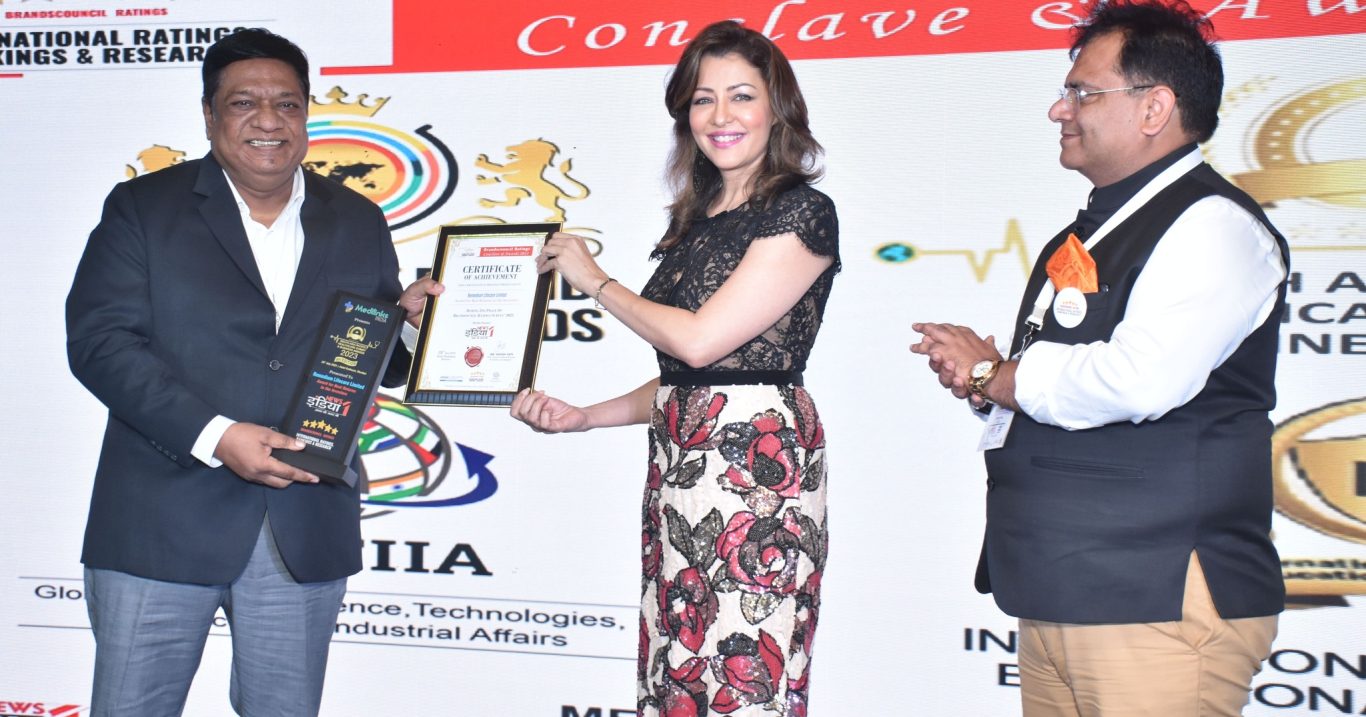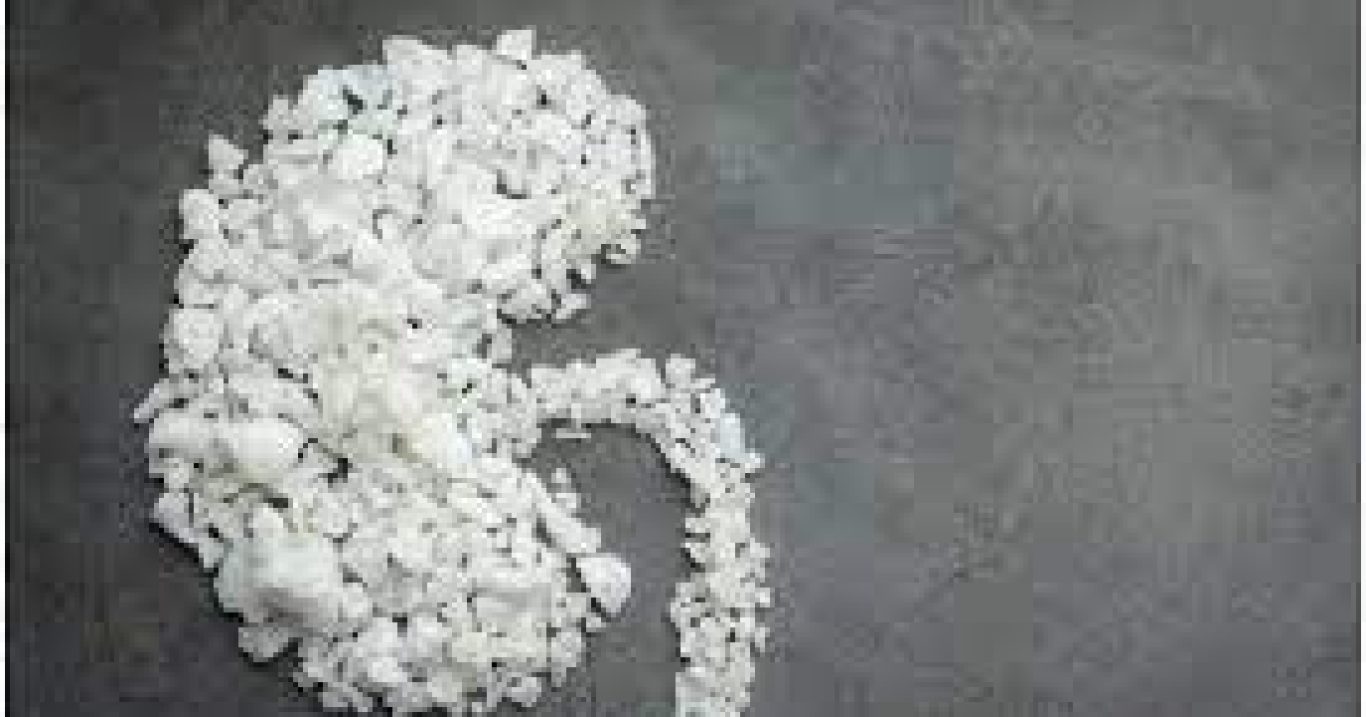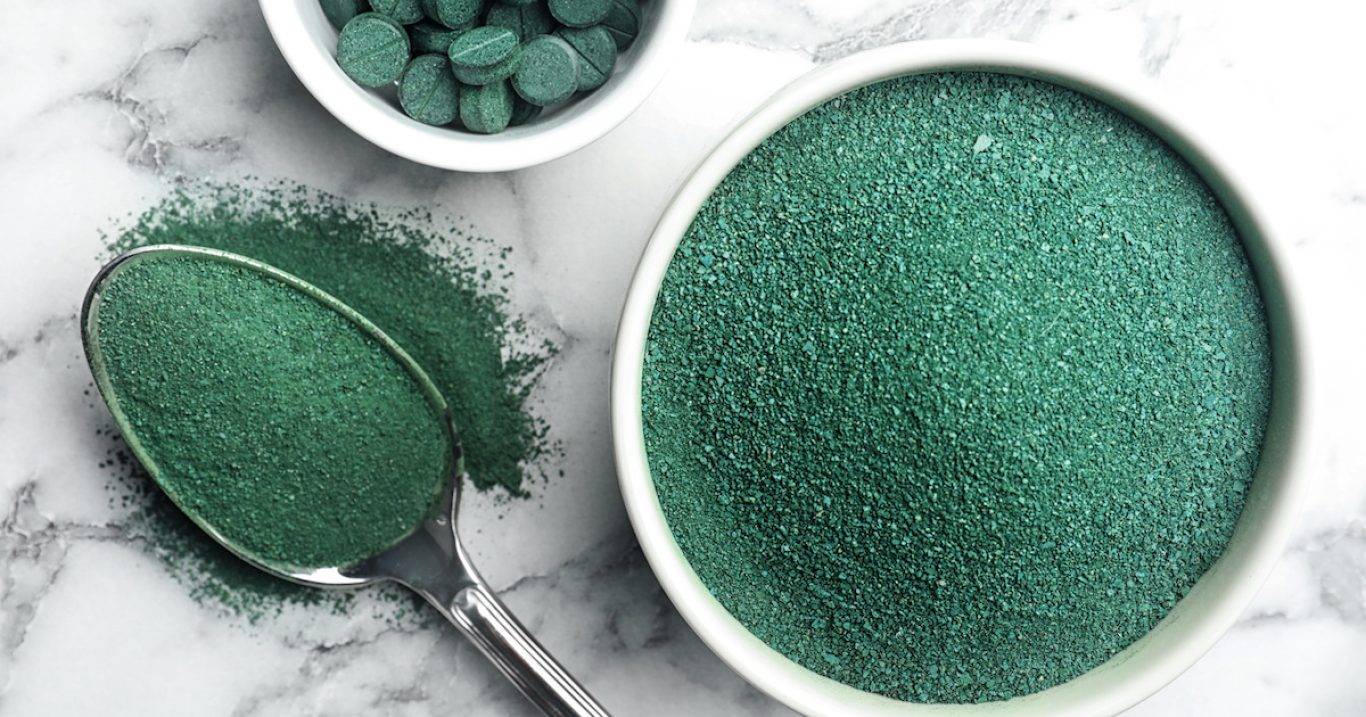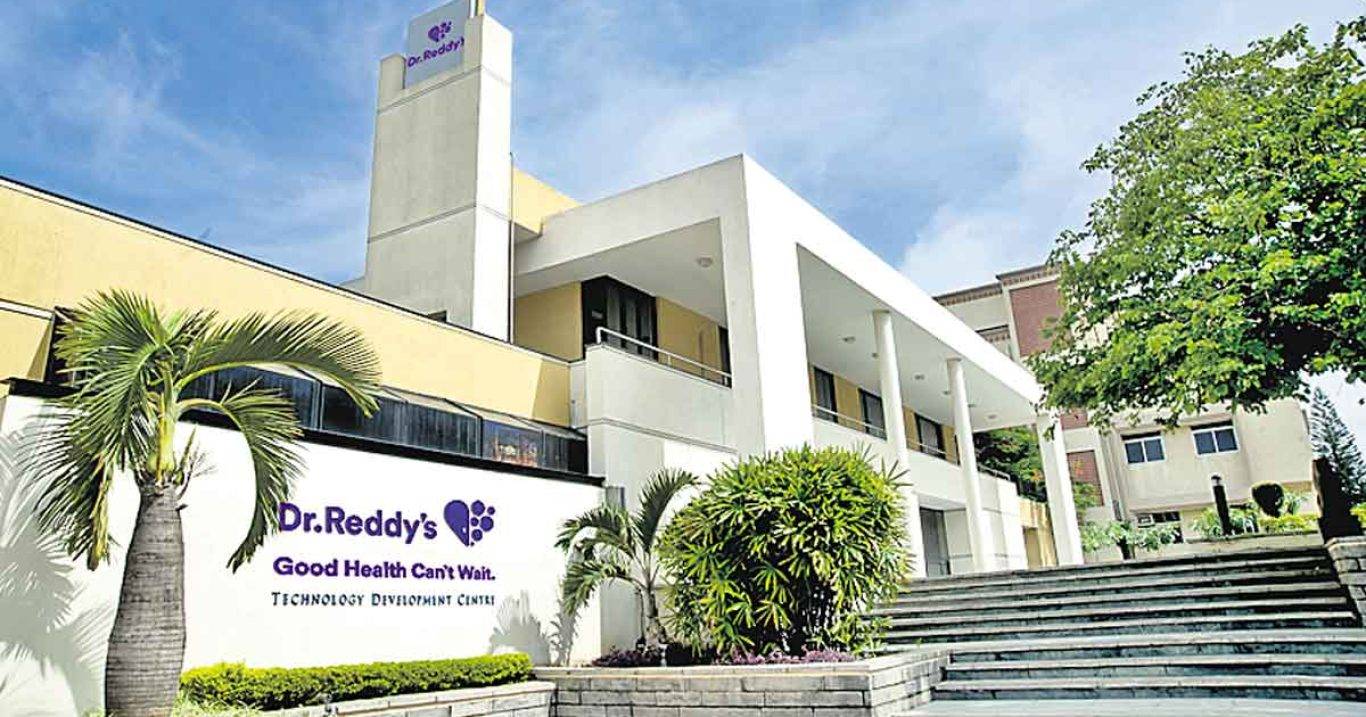Contract Manufacturing in india in boom, Pharma Major Akums leads the race with maximum market share!

The past few decades have been very productive for India, as it took a major leap from pharmaceutical production, to include contract manufacturing.
According to the president of the Indian Drug Manufacturers’ Association (IDMA), S V Veerramani, the overall pharma contract manufacturing industry is growing at 20%, providing a burgeoning opportunity for small and medium enterprises, reports Brand India Pharma. The current market value is estimated at 50% of the domestic production, which roughly translates to $5.3 billion. Multinationals hold a generous 20%-25% stake in the domestic pharmaceutical market.
For the basic manufacture of medical products and drugs, India has a far superior edge over nations such as China, Vietnam and Ireland, due to resources including manpower, technically knowledgeable work force, and World Health Organization-Good Manufacturing Practice- approved production premises. A substantial 40% lower cost of operation and production is clearly the highlight for multinationals to consider India for their outsourcing needs.
Waiver to Phase III studies of certain drugs in India an incentive
With the advent of multinational pharmaceutical organizations, and their rapidly growing presence in the country, the concept of contract manufacturing has steadily evolved and quickly adapted, so as to encompass services such as basic manufacturing of medicinal products, formulation development, stability studies, and various stages of clinical trials. In addition, scale-up of drug syntheses, and late clinical trial studies have also been profitable protocols in this sphere. The Drug Technical Advisory Board (DTAB) has agreed to grant a waiver to Phase III studies of certain drugs in India, which are from the regulated markets of the USA and European Union. This step is an incentive for many pharmaceutical organizations to focus on India, as the cost savings could be enormous.
Also it is estimated that patented drugs worth $85 billion in potential annual sales in the USA would be off patent during the period 2014-2020. Price competitiveness and manufacture of these generic drugs in the most cost efficient manner would be the key drivers boosting the prospects of the Indian players as India is known to have the world’s best known low-cost manufacturing centers, with the highest number of US Food and Drug Administration (USFDA) approved manufacturing plants outside the US.
The government is also looking at incentivizing the upgradation of Schedule M facilities to WHO GMP complaint units with the help of soft loans, which would lead to additional 1000 units being certified WHO-GMP compliant, further corroborating the manufacturing processes.
MNCs outsourcing to Indian producers
P V Appaji, director general of Pharmexcil, India’s Pharmaceutical Export Promotion Council, mentioned that multinational companies in India have stopped manufacturing some of their products and have outsourced to Indian manufacturers. Products which are even brand leaders in its segments are also outsourced to many Indian companies and yet could retain its market share.
The rising cost of manufacturing and some of the aging plants of Europe reaching their life cycle conclusion may open up enormous opportunities to India’s companies in contract manufacturing as European companies are also considering to either relocate those units in cost efficient centres like India or to outsource to India manufacturers.
Beside, over the last five years or even more the innovative products introduced do not command vary large market value and are not blockbusters as they used to be earlier. Research pipelines, though now getting moderately filled, may have only moderate advantage over the existing products and hence very few of them may go on to become real blockbusters. Hence MNCs are now adopting the strategy of marketing the brand even after the product goes off patent by slashing down their brand’s price to the level of generics.
Therefore, to get the maximum mileage of their brands, they are looking to outsource their manufacturing to more cost efficient, centres, like India and yet retain their quality and brand image. This is a newer opportunity of contract manufacturing opening up.
This trend is on the rise in the domestic market and India is making an appropriate move by inviting Japan’s pharma industry to locate their units in India either wholly-owned or in joint partnership with India companies. Japan’s companies are considering India’s offer with keen interest. “Our idea is to promote Indian generics in the international markets. Around 20 Japanese companies have already evinced interest in leveraging the contract manufacturing benefits from the US Food and Drug Administration-approved facilities in India,” Dr Appaji said.
The contract manufacturing space in India is expected to gain grounds in the near future and expected to grow by 17%-18% on a compound annual growth rate basis as efficiency in manufacturing and maturity of business models would lead to containment of cost of manufacturing to a great extent.
Contract Manufacturing Sees 20% Growth In India
SMEs predicted to be main beneficiaries
The past few decades have been very productive for India, as it took a major leap from pharmaceutical production, to include contract manufacturing. As per the President of the Indian Drug Manufacturers’ Association (IDMA), Mr S V Veerramani, the overall pharmacontract manufacturing industry is growing at 20%, providing a burgeoning opportunity for small and medium enterprises. The current market value is estimated at 50% of the domestic production, which roughly translates to US$ 5.3B. Multinationals hold a generous 20-25% stake in the domestic pharmaceutical market.
For the basic manufacture of medical products and drugs, India has a far superior edge over nations such as China, Vietnam and Ireland, due to resources including manpower, technically knowledgeable work force, and WHO-GMP approved production premises. A substantial 40% lower cost of operation and production is clearly the highlight for multinationals to consider India for their outsourcing needs.
With the advent of multinational pharmaceutical organisations, and their rapidly growing presence in the country, the concept of contract manufacturing has steadily evolved and quickly adapted, so as to encompass services such as basic manufacturing of medicinal products, formulation development, stability studies, and various stages of clinical trials. In addition, scale-up of drug syntheses, and late clinical trial studies have also been profitable protocols in this sphere. The Drug Technical Advisory Board (DTAB) has agreed to grant a waiver to Phase III studies of certain drugs in India, which are from the regulated markets of US and EU. This step is an incentive for many pharmaceutical organisations to focus on India, as the cost savings could be enormous.
Also it is estimated that patented drugs worth US$ 85B in potential annual sales in the USA would be off patent during the period 2014-2020. Price competitiveness and manufacture of these generic drugs in the most cost efficient manner would be the key drivers boosting the prospects of the Indian players as India is known to have the world’s best known low-cost manufacturing centers, with the highest number of U.S. Food and Drug Administration (USFDA) approved manufacturing plants outside the US.
The government is also looking at incentivising the upgradation of Schedule M facilities to WHO GMP complaint units with the help of soft loans, which would lead to additional 1000 units being certified WHO-GMP compliant, further corroborating the manufacturing processes.
Dr P V Appaji, Director General Pharmexcil, mentioned that multinational companies in India have stopped manufacturing some of their products and have outsourced to Indian manufacturers. Products which are even brand leaders in its segments are also outsourced to many Indian companies and yet could retain its market share.
The rising cost of manufacturing and some of the ageing plants of Europe reaching their life cycle conclusion may open up enormous opportunities to India’s companies in contract manufacturing as European companies are also considering to either relocate those units in cost efficient centres like India or to outsource to India manufacturers.
Beside, last five years or even more the innovative products introduced do not command vary large market value and are not block busters as they used to be earlier. Research Pipeline though now getting moderately filled, may have only moderate advantage over the existing products and hence very few of them may go on to become real block busters. Hence MNCs are now adopting the strategy of marketing the brand even after the product goes off patent by slashing down their brand’s price to the level of generics.
Hence to get the maximum mileage of their brands they are looking to outsource their manufacturing to more cost efficient, centres, like India and yet retain their quality and brand image. This is a newer opportunity of contract manufacturing opening up.
This trend is on the rise in the domestic market and India is making an appropriate move by inviting Japan’s pharma industry to locate their units in India either wholly owned or in joint partnership with India companies. Japan’s companies are considering India’s offer with keen interest. “Our idea is to promote Indian generics in the international markets. Around 20 Japanese companies have already evinced interest in leveraging the contract manufacturing benefits from the US FDA-approved facilities in India” as per Dr P V Appaji.
The contract manufacturing space in India is expected to gain grounds in the near future and expected to grow by 17-18 per cent on a compound annual growth rate as efficiency in manufacturing and maturity of business models would lead to containment of cost of manufacturing to a great extent.
Kevin James summarises some of the findings of BCC Research’s latest analysis of the pharmaceutical outsourcing market
Increasing price and cost pressures, regulatory changes and patent expiries are leading to shrinking margins in the pharmaceutical industry. Outsourcing has become a viable and a beneficial business strategy that is enabling firms to transfer non-core activities to external partners in order to restructure their distribution networks, leverage resources, spread risk and focus on issues imperative to their survival, competitive advantage and future growth.
Contract services, such as manufacturing and research, are advantageous to both parties as they provide the supplier with financial stability for the duration of the contract and the hiring company the benefit of cost savings, time saved in operating and managing a production facility. Moreover, outsourcing can be important in overcoming trade barriers and at times is used to gain entry into to a foreign market where the government works to secure local employment by requiring local production.
According to BCC Research, the global market for pharmaceutical and biopharmaceutical contract manufacturing, research and packaging was valued at €195.2 billion in 2012 and is expected to reach €215 billion by 2013. This market is expected to reach more than €332.7 billion by 2018 and register a steady compound annual growth rate (CAGR) of 9.1% (Figure 1).

Source: BCC
Figure 1 – Global market for pharmaceutical and biopharmaceutical contract manufacturing, research & packaging, 2012-19
CMOs
The global market for pharmaceutical contract manufacturing is poised for continued growth, due to the escalating burden of patent expiries of blockbuster drugs, stringent regulations, increased competition, shrinking margins and strong pricing pressures. To tackle these issues, pharmaceutical manufacturers are channelling resources into core competencies like drug commercialisation, while offloading non-core competencies, such as manufacturing, to outsourcing providers.
Rapid growth in emerging markets, fuelled by global healthcare reform, is also paving the way for more opportunities for contract service providers. As demand for drugs is growing at a faster pace, contract manufacturing organisations (CMOs) are upgrading their operations with advanced technologies and innovations to maintain their position in the competitive market.
Quality and cost management are the two priorities of pharmaceutical companies. CMOs can provide both of these by adopting best practices, such as continuous manufacturing processes and lean production. Moreover, increasing competition from emerging markets, particularly India and China, is forcing major CMOs to adopt technological innovations aimed at improving the bioavailability and efficacy of drugs, thus making outsourcing more attractive to pharmaceutical companies.
The contract manufacturing business that started on a fee-for-service model has turned into a strategic partnership business. Pharma companies have started collaborating with CMOs, for end-to-end service, from formulation development to commercial manufacturing of drugs. For example, in 2013, Catalent signed a multi-year agreement with Pharmacyclics for the ormulation development, clinical and commercial manufacturing of its oncology drug, Imbruvica.
Consolidation of the pharmaceutical contract manufacturing industry is taking place in the form of strategic alliances, acquisitions and divestures. Recent examples include the merger between Patheon and DSM’s pharmaceutical products business, which was completed in March 2014 and resulted in what many believe is the second largest CMO; the Aenova Group’s acquisition of CMO Haupt Pharma in 2013; and Par Pharmaceuticals’ acquisition of JHP Pharmaceuticals, a manufacturer of sterile injectable products, in 2014.
Collaborative capacity management is an emerging trend in pharmaceutical contract manufacturing. CMOs are expanding or building dedicated facilities for pharma clients. For example, in 2013, Aesica built a dedicated facility as a production hub for oral Type II diabetes, for one of its strategic partners.
The driving forces in the pharmaceutical contract manufacturing market include an increasingly ageing population, a rise the number of chronic diseases, growing demand for biologics, the patent cliff and an increasing interest in the development of biosimilars. The market is being driven by the strategies of drug manufacturers as well as CMOs.
Drug manufacturers are increasing their outsourcing budgets and CMOs are developing capabilities and expanding their capacity to fulfill the needs of their clients. According to BCC Research, OTC drugs and nutraceuticals, the largest segment in the contract manufacturing market, was worth €107.7 billion in 2012 and is expected to reach €170.7 billion in 2019, increasing at a CAGR of 6.8% (Figure 2).

Source: BCC
Figure 2 – Global revenue for OTC drugs & nutraceuticals via contract manufacturing by region, 2012-2019
CROs
The pharmaceutical industry is facing the challenge of creating new therapies to address global health issues. The drug development process is becoming an increasingly expensive and difficult task. A strict regulatory environment, coupled with new technological challenges, is forcing drug developers to think creatively about innovations and business models.
In order to meet these challenges, players in the pharmaceutical industry are working with different outsourcing providers throughout the R&D cycle. This new collaborative approach is facilitating research on diseases, common as well as rare.
The use of contract research organisations (CROs) is gaining in popularity because it reduces drug development costs. Big pharmaceutical developers have recognised that hiring a CRO not only reduces costs but also adds value through their expertise. Drug developers/ and anufacturers have been focusing on reducing the time and expenses associated with bringing a new medicine to market. The industry is currently experiencing a dynamic change due to patent expiries on a large number of blockbuster drugs.
Pharmaceutical and biotechnology companies are choosing CROs to outsource a growing number of activities for both tactical and strategic reasons. Cost-effectiveness, a lack of in-house laboratory capacity, access to expertise, overall time savings, quality of results and low volume of samples are some of the primary reasons for opting for CROs.
The major business segments of contract research include clinical research, drug discovery and analytical research. Contract research comprises more clinical areas than the rest of the disciplines examined here; it may also comprise regulatory services, which are hired on a contractual basis for medical and technical writing.
Technological advances in analytical techniques have led to the requirement for more complex analytical instruments and technical expertise. Rather than spending money on purchasing analytical instruments, pharmaceutical developers are turning to analytical service providers.
Taking a collaborative approach in analytical research enables scientists and laboratory analysts to find answers to the complex analytical challenges they face. For instance, in August 2014, Massachusetts-based life science analytical technology company AB Sciex and Toronto-based CMO Dalton Pharma Services formed a research collaboration to develop antibody-drug conjugate (ADC) analysis capabilities.
The collaboration gives AB Sciex access to the specialised synthetic conjugation capabilities of Dalton and is intended to include the development of a more definitive and comprehensive method for the identification of drug loading and position of conjugation on macromolecules. This research covers the preparation and characterisation of ADCs by Dalton scientists working with AB Sciex experts to develop standardised analytical procedures on the TripleTOF 5600+ system with SelexION technology and the TripleTOF 6600 platform for determining the chemical structures of conjugated molecules.

Source: BCC
Figure 3 – Global revenue for contract research by discipline, 2012-2019
The clinical segment of the contract research market generated €14 billion in revenue in 2012 and €15.7 billion in 2013. The market for clinical research outsourcing, meanwhile, closed at €17.4 billion in 2014. The clinical research segment is increasing at a CAGR of 10.8%, reaching $29 billion in 2019. Drug discovery revenue was about €6.8 billion in 2012 and is projected to increase at a CAGR of 9.6%, reaching €13.2 billion in 2019. The analytical segment of the market accounted for €4.6 billion in 2012 and $5.6 billion in 2013; it is projected to reach $14.1 billion by the end of 2019 (Figure 3).
Quintiles leads the contract research market with about a 13% share. Its sales were €3.3 billion in 2012 and $4.3 billion in 2013. The company showed about 32% growth in 2013. In September 2013, Quintiles acquired Novella to complement its clinical service offerings through its focus on emerging companies and by adding expertise in oncology and medical devices.
Covance, which has recently become part of LabCorp, claims the second-largest share of the contract research market, with 6.3% in 2013. In 2013, it started offering companion diagnostic services, which support the parallel development of a new medicine and its companion diagnostic assay and external laboratory management services, which help clients select, qualify, contract with and manage outside laboratories.
In sum, cost control, R&D spend, new technologies, increasing competition, and patent expiries resulting in markets for generics are moving this industry in a new direction. New advances, product launches and changing technologies will drive steady growth in the pharmaceutical contracting market for the foreseeable future.
Will the TPP impact Indian pharma?
Do the TPP and the proposed India-EU trade deal extend protection of IPR, delaying generic competition for life-saving drugs and keeping their prices high? While these and other possible implications for Indian consumers and pharma companies become clearer over time, India must robustly engage with the debate on trade deals and public interest
BY Patralekha Chatterjee
4
Global opinion is sharply divided about the ramifications of the recently concluded Trans-Pacific Partnership (TPP). Part of U.S. President Barack Obama’s ‘pivot to Asia’, the TPP includes the United States and 11 other Pacific Rim countries (Brunei, Chile, Singapore, New Zealand, Australia, Canada, Japan, Malaysia, Mexico, Peru, and Vietnam).
India is not in the list of TPP countries, nor is China. The mega trade deal, perceived to be a counterweight to China’s growing global economic clout, is yet to be ratified by the U.S. Congress and by the legislatures of the other 11 TPP countries.
Free trade enthusiasts say India risks being edged out of the global market by being in the sidelines, and that it should seek TPP membership. A recent study by C. Fred Bergsten of the Peterson Institute for International Economics [1], a U.S.-based think tank, estimated that India could increase its exports by $500 billion a year by joining the next stage of the TPP trade agreement.
India is also in a zone of uncertainty about the shape of its proposed trade deal with the European Union (EU). The value of EU-India trade [2] grew from $32.7 billion in 2003 to $82.3 billion in 2014. The Bilateral Trade and Investment Agreement (BTIA) that India and the EU have been negotiating since mid-2007 could vastly expand trade between the two in goods, services, and investments. However, as in many trade deals, intellectual property rights (IPR) have been a key sticking point.
Implications for pharmaceuticals
Health advocates and public interest groups argue that such deals inevitably extend protection of IPR beyond current international requirements, delaying the entrance of generic competition for life-saving medicines, and keeping drug prices high. The counter-argument: free trade delivers growth and prosperity.
The talks between the EU and India were expected to pick up in 2015 but got stalled once again this August when India called off a scheduled meeting of chief negotiators in the wake of an EU ban on 700 generic medicines, based on recommendations from the drug regulator European Medicines Agency [3]. The recent visit of German Chancellor Angela Merkel to India has raised new hopes that the stalled negotiations will be resumed. However, activists continue to raise the issue of the impact of the proposed free-trade deal on the production of low-cost affordable generic drugs in India. There is no resolution in sight.
The same worries are being voiced about India joining the TPP. Public interest groups say the TPP could raise the price of medicines further and hand over a lot of power to multinational companies at the cost of consumers. In a country like India, where most people pay for their own medical treatment and where insurance companies do not pay for medicines, questions are being asked about what will happen if essential drugs become a lot more expensive as the result of a trade deal, and if the gains from expanded market access are worth the costs of joining the TPP.
Activists argue that by signing on to the free trade deals, India would subject itself to a more stringent IPR regime that goes beyond the 1994 World Trade Organisation Agreement (WTO) on Trade-Related Aspects of Intellectual Property Rights (TRIPS) that India accepts. They say India will lose the “flexibilities” and safeguards that TRIPS provides.
Referred to as “TRIPS-plus”, these expanded IPR provisions go beyond what is required by the TRIPS agreement and include patent linkage, data exclusivity, lower patentability criteria, and other measures. In 2013, a leaked draft of the proposed trade deal between EU and India [4] raised a storm as it suggested that some of the provisions may be under the TRIPS-plus system.
Sections of India’s pharmaceutical industry are also anxious about the possibility of stringent TRIPS-Plus provisions in the TPP.
Biologic drugs and data exclusivity
Take the case of biologic drugs, a bone of contention during the TPP negotiations. Biologics are medicines made from biological sources (living organisms). They are expensive. Many pharmaceutical companies are now developing “biosimilars” or cheaper copies of the original drugs. Biosimilars are cheaper because their manufacturers can usually rely on data from clinical trials submitted by the maker of the original biologic.
Several Indian companies such as Biocon, Mylan, Cadila, Cipla, Reddy’s, and Intas which are into biosimilars, are worried. As of now, India is not a signatory to the TPP and cannot be forced to accept its provisions that are reportedly “Trips Plus.” But the worry is about “Trips Plus” provisions being applied to Indian exports to TPP member countries. This can delay the entry of generic drugs into the global market.
Recent media reports about the TPP suggest that its IPR provisions are not as stringent as demanded by brand-name drug makers. From what is currently known of the agreement, there has been a push-back on data exclusivity for branded biologics from 12 years to 5-8 years. This is better than the worst-case scenario feared by Indian biologics companies.
Data exclusivity has been a prickly issue in trade deals. Generic drug makers rely on the clinical trial data provided by the originator company to show that its drug is safe and effective. But if data exclusivity is in place, the originator company’s clinical trial data would be protected and generic producers would have to submit their own safety and efficacy data to register their medicines. This would mean they would have to conduct clinical trials on their own. That is an expensive and time-consuming exercise, which would push up the price of the drug. Activists argue that countries that are home to innovator drug companies are trying to pressure India into accepting an IPR regime that gets around the public health safeguards that India built in to its patent law in 2005.
Debating the ‘TPP effect’
The TPP is also viewed in India as a deal that can potentially affect the Regional Comprehensive Economic Partnership (RCEP), which India is currently negotiating. The RCEP is being negotiated between the 10 ASEAN countries and their six free trade agreement partners: Australia, China, India, Japan, New Zealand, and South Korea. Seven of the 16 RCEP countries, including Japan, have agreed to the intellectual property standards of the TPP. Activists have warned about the possibility of TPP’s standards on IPR creeping into the RCEP negotiations.
In all the verbal jousts about free trade deals, the one critical issue is the need for more transparency. Suspicions flourish because such agreements are typically hammered out in secrecy. The implications of the TPP deal for Indian pharma companies will be fully understood only when the full TTP agreement text is in the public domain. It is the same with the proposed trade deal between the EU and India.
India needs to engage with the debate on the issue of trade deals and public interest because ultimately the country will need a political consensus on the trade-offs. Meanwhile, it must begin to think and act strategically in order to gain from the changing trading system in the world economy.
The Top Players
Akums Drugs and Pharmaceuticals, a leading contract manufacturing pharma company in India, is contributing to the rapid growth of the Indian pharma industry
Mr. Sanjeev Jain
Mr. Sanjeev Jain, an MBA and has approximately 28 years of experience in the field of sales and marketing of pharmaceuticals. Mr. Sanjeev Jain had been awarded order of Merit for Management & honoured as Samaj Shree for his services rendered to the public. He is Honorary Secretary of Federation of Pharmaceutical Enterprise (FOPE). He is the Promoter Director of the Company. He has been instrumental in setting up the Company. Under his dynamic leadership and professional approach, the Company made several national and foreign collaboration agreements and reached new heights of growth. His innovative ideas in new product development & patents and creation & retention of customers have brought company to this level.
Life expectancy has increased by several years during the millennium thanks to specific ailment-based medicines developed by scientists and produced by manufacturing companies. Medicines have quantifiable impact on the betterment of quality of lives and contributing towards a healthy lifestyle with preventive and curative measures.The Indian pharmaceutical industry, the largest in terms of volume and 13th in value globally, has grown with leaps and bounds to become a global identity. It is estimated to grow at a CAGR of 12 per cent till 2020. The fast Indian pharma growth story is no wonder contributed by few leading marketing companies of the country but has also been contributed by Akums Drugs and Pharmaceuticals, a leading and one of the largest contract manufacturing pharma company of India. Currently, most of the leading marketing companies in India as well as in global pharma market are outsourcing formulations and focus entirely on evolving marketing strategies and launching newer molecules.Akums Drugs and Pharmaceuticals was established in 2004, which is a pioneer in setting new trends in Contract Research and Manufacturing Services (CRAMS) and offers innovative solutions developed by its R&D and F&D departments for complex and challenging health issues to the society through its marketing associates.In a span of 11 years, Akums has become a highly reputed contract manufacturing pharma company of India for its high quality products and unique business acumen. Currently, Akums is manufacturing more than 10 per cent of India’s total medicinal requirement. Products manufactured by Akums are being preferred by the medical fraternity because of their trust on efficacy, safety and quality of formulations. Over the years, Akums has become a brand in itself.
Akums, in the last one decade, has set up nine ultra modern manufacturing facilities of international standards in Haridwar, Uttarakhand for manufacturing formulations in the form of tablets, hard and soft gelatine capsules, dry and liquid orals, medicinal jellies, oral powder in jars and sachets, dry and liquid injectables in vials and ampoules, pre-filled syringes, large volume parenterals, lyophilised products, eye/ ear/ nasal drops (FFS & 3 piece packs), ointments, creams, lotions, diskettes etc. covering most of the therapeutic segments including, hormonal, cardio-vascular, anti-diabetic, gynaecological, dermatological, nutraceutical, cosmeticeuticals herbal as well as OTC products.Akums business covers Contract Research & Manufacturing Services (CRAMS) and is actively engaged in domestic, export and institutional business; formulation and development of Novel Drug Delivery System (NDDS) products and technical collaboration and joint ventures.Akums’ unique competence lies in developing specialised new formulations, conducting stability studies, undertaking bio-equivalence studies, clinical trials and obtaining DCG(I) (Indian FDA) approvals for manufacturing new fixed dosage combinations and molecules and thereby offering new formulations to its clients with Akums’ technology under their brand names. Akums has already got 500 DCG(I) approvals, which is highest in number awarded to any company in the country and a large number of applications are in the pipeline.The facilities are accredited with WHO-GMP, ISO 9001-2008, ISO 14001-2004, HACCP, Certificate from NABL with ISO/IEC 17025:2005 and US-NSF,GMP-Ayush, Food Safety Systems: 1999 for its herbal and nutraceutical, Maxcure Nutravedic facility. Akums has not kept itself limited to the Indian domestic market and its facilities have been approved by various international regulatory bodies, like: ANVISA-Brazil, NAFDAC-Nigeria, PPB-Kenya, NDA-Uganda, FDB-Ghana, PMPB-Malawi, MOH-Libya, CD & DA-Sri Lanka, DPM-Ivory Coast, MOH-Vietnam, MOH-Cambodia, MOH-Myanmar, MOH-Belarus, DDA-Nepal, MOH-Bhutan, MOH-Afghanistan, MOH-Yemen, etc.
Akums is exporting its internationally acknowledged formulations through its export subsidiary company Unosource Pharma from Mumbai to Libya, Nigeria, Ghana, Kenya, Uganda, Myanmar, Ethiopia, Liberia, Malawi, Phillipines, Vietnam, Sri Lanka, Nepal, Bhutan, Afghanistan, Malaysia, Venezuela, Belarus, Ukraine, Tajakistan, Honudrus, Francophone countries and many more.
Akums also manufactures a wide range of veterinary products in the form of bolus, liquid orals, injectables (dry/liquid), sprays, shampoos and feed additives in its different facilities with stringent quality control measures for leading Indian and multinational veterinary companies.
The cream of Indian pharma industries personnel in its QA & QC departments are the backbone of Akums. Akums has received many awards and accolades for its services in the field of pharma manufacturing, such as the National Award in 2010 for Excellence in Product Quality, National Award – 2010 by the Government of India for Outstanding Entrepreneurship, Rashtriya Udyog Ratna Award 2012-2014, Business Leadership Award 2012, for India’s most promising pharma company in CRAMS to name a few.










